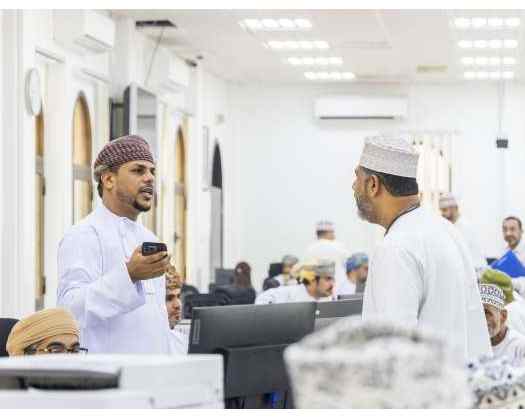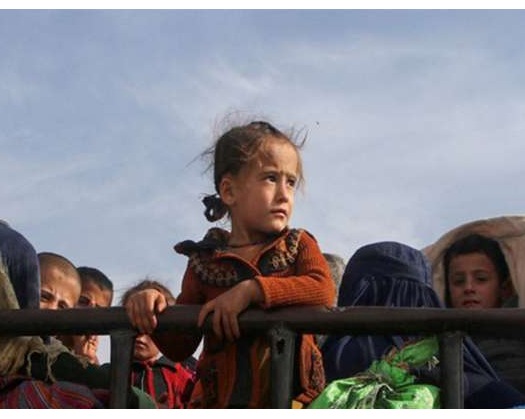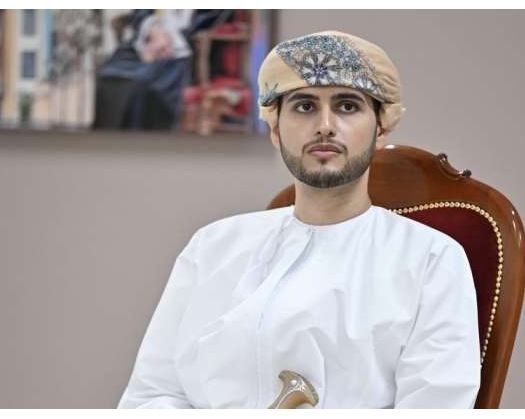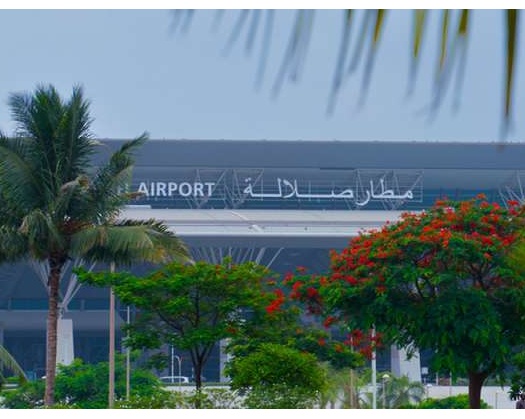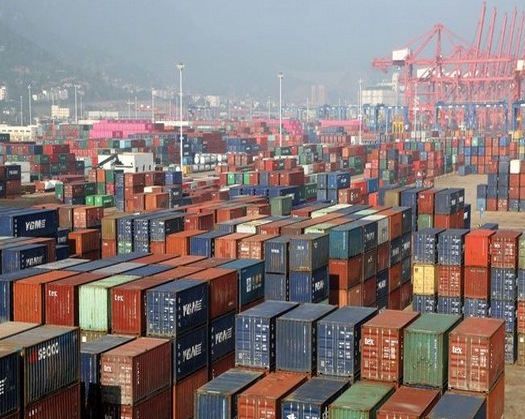Muscat: The Ministry of Commerce, Industry, and Investment Promotion is streamlining the processes for starting new commercial enterprises and encouraging investors to build projects, in accordance with international best practices for enhancing Oman's business climate.
In light of the fast evolving technology and the growing significance of digital solutions in driving growth, the Ministry has launched numerous digital platforms as primary tools for streamlining operations, improving services, empowering investors, increasing the quality of local products, and fostering innovation and support for small and medium-sized enterprises (SMEs).
Leading these efforts is the "Invest Easy" platform, which provides a comprehensive range of electronic services aimed at improving the business experience for investors and entrepreneurs in Oman. These services encompass the registration and cancellation of commercial records, the issuance of certificates of origin, license acquisition, commercial agency management, intellectual property services, commercial permits, company liquidation, and access to a searchable database of commercial records—all in a single, user-friendly digital platform that streamlines processes and boosts operational efficiency.
The platform connects with 17 government entities and exchanges data with 35 government organisations, including the Oman Chamber of Commerce and Industry.
Ten government agencies have established compliance records on the platform to ensure a comprehensive and seamless experience in improving the business environment.
Digitization has saturated around 76.5% of all platform services, and 89% of commercial operations are automatically licensed without permission.
Since the introduction of this function in April 2021 until the end of 2024, more than 328,215 licenses have been given automatically.
To keep up with worldwide developments in digital commerce, the platform utilizes cutting-edge technologies like as artificial intelligence (AI).
Foreign investors can register and make transactions remotely from outside Oman without a residence card thanks to the "Know Your Customer" service.
This service employs biometric verification via over 140 facial recognition points that are compared to passport photos.
Furthermore, the 'Investment Guide' service offers simulated walkthroughs for establishing a commercial registration, outlining necessary documents, approvals, and fees, resulting in a smoother and more efficient investor's journey.
The "Invest in Oman" platform allows visitors to discover the country's investment climate, incentives, industrial zones, and free economic regions.
It also provides numerous communication ways for interacting with investors, answering to requests, and maintaining a strong database of interested parties across several sectors.
Since its inception in February 2023 and continuing through June 2025, the platform has demonstrated consistent performance in line with national aims to draw high-quality investment.
It got 90 investment proposals totaling OMR5.38 billion, with 43 projects worth OMR2.25 billion localized in strategic sectors including industry, healthcare, food security, and renewable energy.
Specialized working groups helped to build this momentum, with the business development team using data-driven methods to determine priority markets.
In terms of support for national products, the "Made in Oman" platform is a long-term plan focused at empowering small and medium enterprises (SMEs) and establishing an enabling environment for their expansion and sustainability.
The platform enables certified institutions to display their goods to local and foreign customers, increasing demand, boosting production, and requiring personnel expansion in operations, management, and marketing.
Furthermore, the platform provides these institutions with supply chain options in both the public and private procurement sectors, increasing their operational capacity and creating new employment opportunities.
Since its debut in February 2024, the "Made in Oman" platform has produced concrete outcomes.
More than 5,000 items from various industrial sectors, manufactured in over 380 sites in Oman, have earned the "Made in Oman" label.
The platform plays a critical role in connecting national industrial components, encouraging the use of local inputs, and increasing added value in the national economy.
It also functions as a strategic tool for organizing the industrial sector by consolidating factory and product information, making it easier to access suppliers and partners in Oman, reducing reliance on imports, boosting local supply chains, and contributing to a more stable and resilient economy.
The "Ma'ruf Oman" platform acts as a national database for registered eCommerce shops in Oman, improving consumer trust.
It allows store owners to register their establishments and connect them to commercial or freelance records, building trust and broadening their customer base. The platform has resulted in a 236.4% increase in the number of registered stores.
As part of its larger initiatives to promote economic diversification, the ministry created a National eCommerce Strategy as part of the “Tanwea” (Diversification) program.
The approach was endorsed in the third quarter of 2021 based on in-depth analytical studies and following UNCTAD's reference framework.
It includes 30 initiatives spread across numerous enabling pillars, with execution planned through 2027. The Ministry has achieved 100% completion of the three initiatives under its purview, demonstrating its dedication to improving the digital trade environment and legal and regulatory framework for this critical sector.
The "Hazm" platform improves product quality and innovation in Oman's markets.
The "Hazm Platform" is an advanced regulatory and digital tool in Oman that aims to enhance product quality and encourage innovation in local markets. It catalogues items that need conformity certificates and identifies accredited conformity assessment organizations. This significantly helps to improving the quality of locally manufactured items and guaranteeing that they meet national standards.
The platform allows small and medium-sized enterprises (SMEs) to scale their operations based on product categories, increasing their chances of growing and expanding into local and regional markets.
By requiring manufacturers to follow technical specifications and procedures when designing products, the platform promotes innovation and the creation of quality-driven solutions. This fosters a competitive commercial climate based on compliance and worldwide standards. As of mid-2025, official figures show the registration of 21 accredited conformity assessment bodies, the distribution of 333 Omani conformity certificates, and more than 3,789 energy efficiency labels.
Meanwhile, the "Oman Business Forum" hosts interactive discussions where specialists, policymakers, and investors may engage on issues connected to trade and investment.
These knowledge-sharing forums promote awareness and cooperation across sectors, including prominent speakers and representatives from both public and private organizations in Oman.
Increasing Demand for Sanad Service Centres
The Sanad Service Centres platform is becoming increasingly popular, with over 872,000 electronic transactions executed via its online portal in 2024 alone.
By the end of June 2025, Oman will have around 920 Sanad Centres providing approximately 377 digital services.
These centres have contributed to streamlining processes and increasing service accessibility while also creating 2,365 jobs by mid-2025. Women make up 60% of the overall workforce at these facilities, while 65% of workers are aged 20 to 39.
The centres work in collaboration with 25 public and private organisations, broadening their reach and influence.
Promoting Non-Oil Omani Exports
Oman's Export Development Department, "Oman Exports," under the Ministry of Commerce, Industry, and Investment Promotion (MoCIIP), continues to promote non-oil exports through overseas contact and promotional efforts.
In line with egovernment policies, the Ministry has launched the "Oman Exports" digital platform, the world's first interactive export-specific platform.
It simplifies export processes and provides a variety of services to assist Omani exporters in connecting with worldwide customers. This platform serves as a crucial marketing and promotion channel for Omani goods globally.
A Vision for the Digital Economy
According to Mubarak bin Mohammed AlDouhani, Director General of Planning at MoCIIP and Head of the Ministry's Digital Transformation Team, Oman has adopted an ambitious plan for a knowledge-based economy and digital society. This is backed by the national strategy for a digital community and e-government, which includes everything from capacity development and infrastructure to institutional trust and legal frameworks.
In an interview with the Oman News Agency, AlDouhani stated that digital transformation enhances quality of life and services by lowering costs, time, and effort. It improves flexibility, operational efficiency, and customer service.
He stated that the Ministry's digital platforms, such as "Invest Easy," "Invest in Oman," "Oman Exports," "Maʿruf," "Hazm," "Made in Oman," and the Ministry's official website, collectively provide a complete range of e-services to the business community.
He emphasized that "Oman Exports" and "Made in Oman" are essential foundations for increasing the competitiveness of local products both locally and worldwide.
These platforms provide local businesses with new opportunities to access regional and international markets using smart digital technologies that highlight the qualities of Omani goods in terms of quality, innovation, and integrated value chains.
Beyond advertising, these platforms offer real additional value to manufacturers and entrepreneurs by providing consolidated access to government services, licensing, and market information. This allows for more accurate manufacturing and business decisions, as well as assisting organizations in adjusting their items for foreign export in compliance with worldwide standards.
Economic Impact and Future Directions
AlDouhani noted that the Ministry regularly tracks performance indicators. The statistics reveal considerable increases in the number of electronically issued commercial and industrial licenses, as well as an expansion in the amount of factories and goods registered via the “Maʿruf Oman” platform. Furthermore, the visibility of Omani goods has grown, allowing firms to sell their products through official channels such as “Oman Exports” and “Made in Oman. ”
This highlights the increasing importance of digital transformation in revitalizing local economies and boosting the private sector's contribution to national GDP.
He also emphasized the Ministry's dedication to maintaining product quality by connecting digital platforms to inspection, compliance, and national certification systems.
Electronic evaluation and accreditation services boost consumer trust—both locally and globally—through awareness campaigns that emphasize the quality and conformity of Omanimade products.
Looking ahead, the Ministry intends to improve its electronic services by providing cutting-edge digital infrastructure and performance metrics customized to sector-specific requirements.
Artificial intelligence and data science are used to create user-centric solutions that evolve with shifting needs.
AlDouhani concluded that Oman's digital platforms would act as smart engines for economic growth in the future. They are intended to assist in localizing advanced technologies, empowering youth and entrepreneurs, and accelerating innovation—driving the country toward greater success and long-term sustainability.

